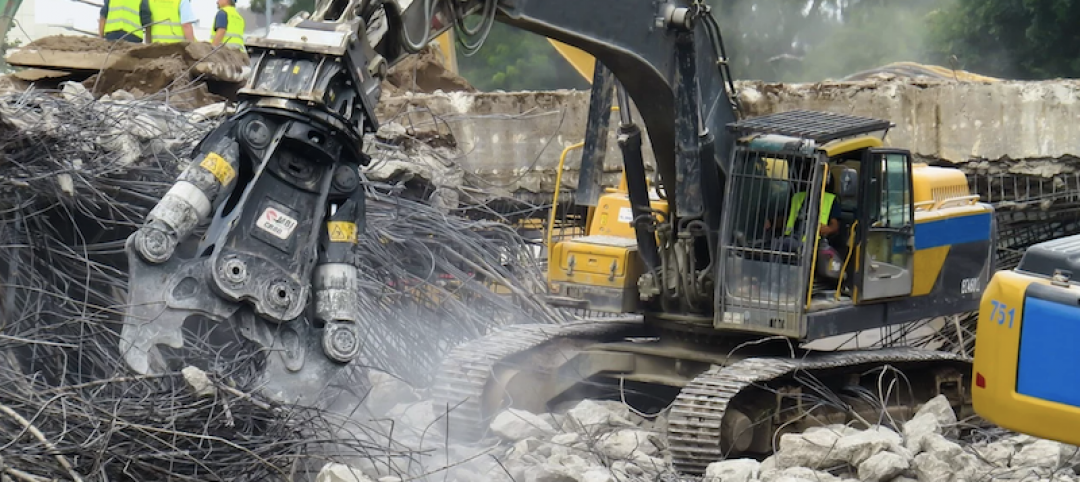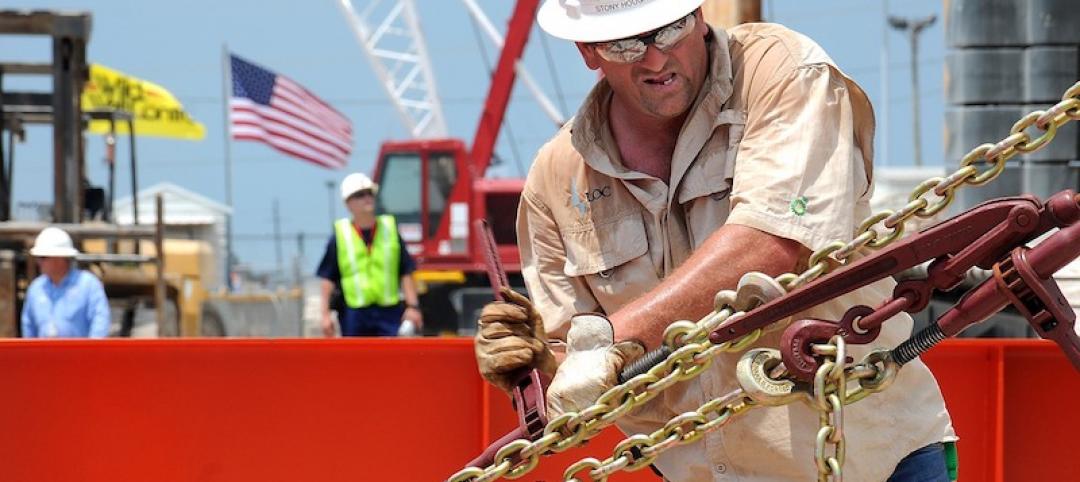The Florida Legislature recently passed a bill to beef up building inspection requirements for many of the state’s condominiums.
The bill, which is expected to be signed by the governor, will require milestone inspections of condominiums three stories in height or taller within three miles of the coast when the buildings reach 25 years of age, and of buildings more than three miles inland when they reach 30 years of age. Buildings will then be required to have an inspection every 10 years thereafter with inspection records made available to buyers, renters, and unit owners.
The bill’s passage comes nearly one year after the Champlain Towers South condominium collapse in Surfside, Fla., killed 98 people. Following the building collapse, the International Code Council, the National Institute of Building Sciences, the Building Owners and Managers International (BOMA), and the Building Officials of Florida (BOAF) created a group of experts to advise policymakers and create guidelines that could be used to help prevent future catastrophic building collapses. The work of this group informed the crafting of the bill.
Forty percent of Florida jurisdictions have no property maintenance code in place or have adopted a property maintenance code developed in the late 1970s. Only about 3% of Florida jurisdictions have implemented a periodic recertification or inspection safety program for existing buildings.
Related Stories
Codes and Standards | Dec 10, 2019
Utilities rolling out more grid-interactive efficient building programs
Focus is on energy savings and demand flexibility.
Codes and Standards | Dec 9, 2019
Canada’s Zero Carbon Building Standard reports first 10 certifications
Projects include new and existing offices, schools, and warehouses.
Codes and Standards | Dec 6, 2019
New research examines flood mitigation policies in the U.S.
Thirteen states or cities have adopted effective measures; some restricting development in vulnerable areas.
Codes and Standards | Dec 5, 2019
USGBC unveils vision for LEED Positive
Roadmap will lay foundation for a future LEED that is regenerative.
Codes and Standards | Dec 5, 2019
Report shows reducing embodied carbon can save money and help mitigate climate change
Embodied carbon now accounts for 11% of global greenhouse gas emissions.
Codes and Standards | Dec 5, 2019
Dubai, London and New York are 2019’s ‘Construction Mega Cities’
From 2007 to 2025, GlobalData expects the cities’ combined gross domestic product (GDP) to increase by more than US$8 trillion to US$20.4 trillion.
Codes and Standards | Dec 2, 2019
New GBCI certification recognizes expertise in sustainability
Provides third-party verification of competency to ‘making the world more economically, socially, and environmentally sustainable.’
Codes and Standards | Dec 2, 2019
New tool allows users to learn how to reduce embodied carbon
Calculator delivers first digitized EPDs.
Codes and Standards | Dec 2, 2019
Trade group challenges St. Petersburg, Fla., ordinance on construction contract mandates
Legality of requirement to hire apprentices, disadvantaged workers at issue.
Building Owners | Dec 2, 2019
What building owners and AEC teams need to know about New York’s Climate Mobilization Act
On April 18, 2019, the New York City Council passed the Climate Mobilization Act, a suite of laws aimed to meet the city’s commitment to achieving carbon neutrality by 2050.

















